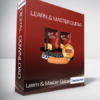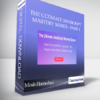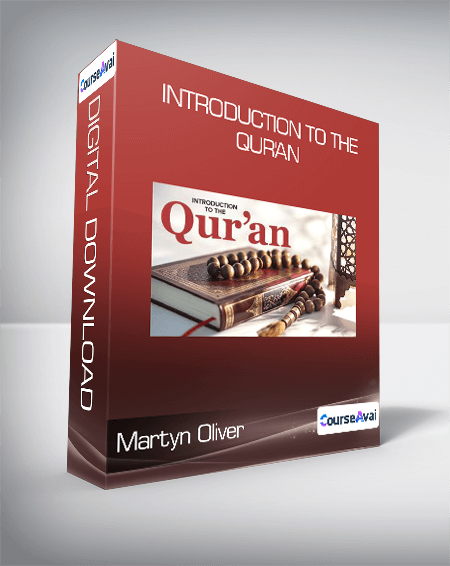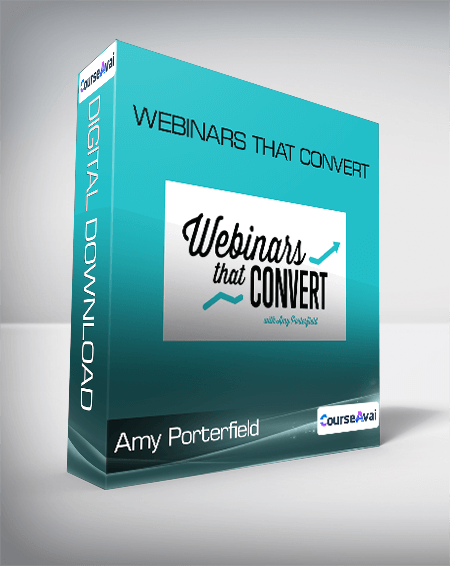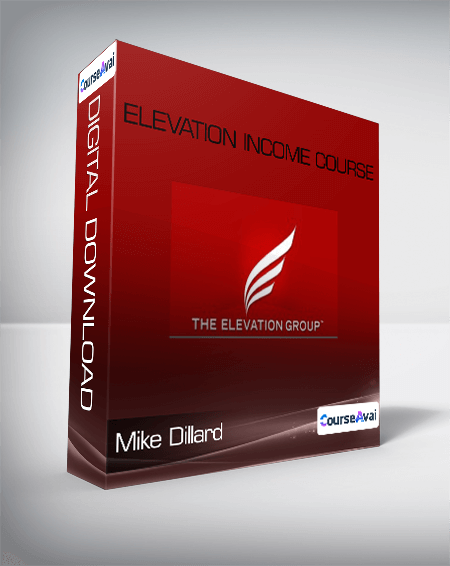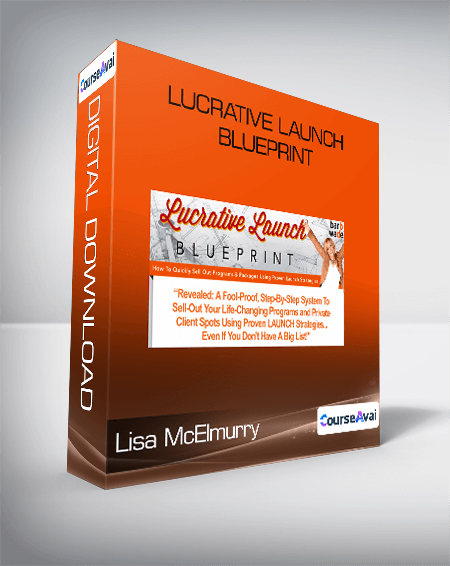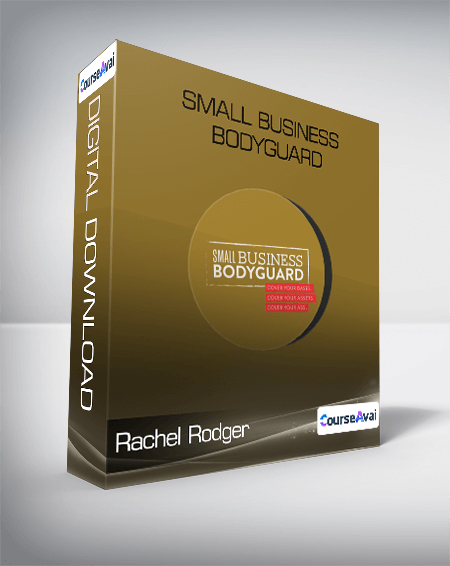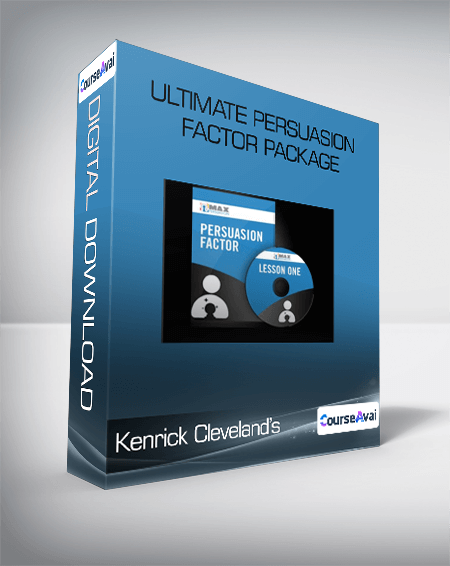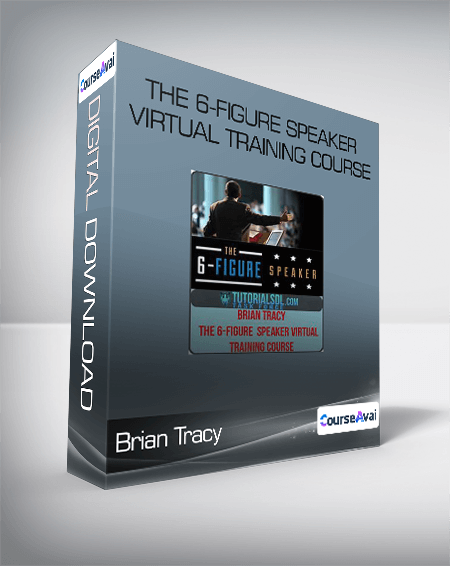$169.00 Original price was: $169.00.$42.00Current price is: $42.00.
Although Muhammad was the messenger, and as such is much revered in the Islamic faith, he was never considered divine. File size: 3.73 GB
 Purchase this course you will earn 42 Points worth of $4.20
Purchase this course you will earn 42 Points worth of $4.20Although Muhammad was the messenger, and as such is much revered in the Islamic faith, he was never considered divine. File size: 3.73 GB
Purchase Martyn Oliver – Introduction to the Qur’an courses at here with PRICE $169 $42
Martyn Oliver – Introduction to the Qur’an
For people of the Muslim faith—nearly 25 percent of the world’s population—the Qur’an represents the most intimate and direct experience of the divine. For the Islamic faithful, the Qur’an is the eternal and perfect word of God, and it lies at the very heart of their understanding of themselves and the world. And yet, many non-Muslims have little familiarity with or understanding of this influential text. As a result, myths and misconceptions about the Qur’an and how it functions in the Islamic faith abound. In an increasingly global society, it has never been more important to understand the complicated history and message of the Qur’an, and its significance to millions of believers around the world.
Hide Full Description
Dr. Martyn Oliver, a Senior Professorial Lecturer at American University, presents the 12 in-depth lectures of Introduction to the Qur’an to provide you with a multifaceted approach to the Qur’an and its 1,400-year history, from its origins as a revelation to Muhammad in 7th-century Mecca to its role in the establishment and evolution of Islam as a world religion. Along the way, you will encounter characters familiar to those well-versed in the Judeo-Christian tradition—Adam and Eve, Moses and Abraham, Jesus and Mary—as well as concepts common across many world religions, like creation, sin, judgment, and the afterlife. You will also explore terms and ideas unique to the Islamic faith such as sharia and jihad, whose interpretations both beyond and within the Muslim world have led to questions and confusion.
Understanding any religious text from outside of its spiritual tradition is challenging and demands multiple perspectives. By combining literary, theological, and historical approaches to the Qur’an, Dr. Oliver provides a rich introduction to this influential text that both clarifies and adds important nuance our understanding of it. This course is also a rare opportunity to hear the Qur’an recited aloud by an award-winning reciter who brings the beautiful language of the ancient text to life for believers and the curious alike.
Text and Context
The year is around 571 C.E. and the small city of Mecca is thriving on the Arabian Peninsula, primarily as a result of the intersection of a broad range of religious and economic interests. Into this diverse and vibrant city is born a man, who by 610 C.E. has developed the habit of going outside the city walls on personal retreat. It is here, on one of these retreats, that Muhammad first hears a voice commanding him to “read aloud that which is written on your heart.” You will learn about Muhammad’s divine inspiration as well as his very human struggles in a society that was not always ready for the message he carried.
Specifically, you will:
Hear about the first moment of revelation, and Muhammad’s understandable fear that he may have been delusional;
Learn the words that Muhammad felt had been permanently inscribed upon his heart at that first revelation;
Discover who it was that Muslims believe spoke to Muhammad, and explore the key elements of this lengthy revelation, spanning some 22 years and two cities;
Explore the population to whom this message was meant to be delivered, and consider the rhetorical strategies used to best address the needs of that audience; and
Reflect on the role that Mecca—an economically and theologically diverse city—might have had on Muhammad, his followers, and ultimately his message.
Dr. Oliver’s course returns, again and again, to the man behind the message, and what we know and do not know about who he was and when and where he lived. Because Dr. Oliver approaches his study of the Qur’an as an influential piece of literature as well as an important religious text, he is able to help you understand that even the “perfected word of God” does not appear into a social vacuum. There is much-needed context if we want a truly thorough understanding of the text, its teachings, and its followers.
Although Muhammad was the messenger, and as such is much revered in the Islamic faith, he was never considered divine. It is the Qur’an, the revealed and perfect word of God that reaches believers via revelation through Muhammad that is considered most holy in the Islamic traditions. By giving his viewers insights into the parallels and significant differences between the Qur’an and the texts employed by other “People of the Book,” such as the Torah in Jewish tradition and the Bible for Christians, Professor Oliver helps us to see what connects all of these traditions—monotheism, devotion to God, a belief in the Last Judgment, stories of characters ranging from Moses and Abraham to Jesus and Mary—and what makes Islam particularly unique, most specifically, the belief that the Qur’an is God’s word made manifest in the world. As Dr. Oliver so succinctly states it, “For Christians, the Bible is the human vehicle through which is revealed the perfection that is Jesus; for Muslims, Muhammad is the human vehicle through which is revealed the perfection of God’s word, the Qur’an.”
Get Martyn Oliver – Introduction to the Qur’an download
Who Are the Believers?
Although the Word of God as manifested in the Qur’an is considered infallible by believers, the human capacity to understand and interpret that message most certainly is not. This course explores a number of different interpretive texts and traditions that have informed religious practice and thought within Islam across the 1,400 years since Muhammad received his revelation. Out of these many texts and developing theologies have come several schools, the names of which are often familiar—Sufi, Sunni, Shia, among others—but are less frequently understood well. Dr. Oliver takes you inside the philosophical and interpretive differences that inform these divides, explaining the multitude of ways in which the Qur’an, as a living text, is read and interpreted around the world. Most important, he helps us understand how specific differences in interpretation have led to differences in practice.
Not only was the message of the Qur’an brought into a complex and diverse social and economic environment in 7th-century Mecca, the message is arguably in the midst of an even more complicated world today. How does the voice of God continue to speak to millions of believers around the world right now? With the inclusion of a number of beautifully voiced recitations of the text in Arabic, Dr. Oliver affords his audience not only the opportunity to learn the content of important verses through his in-depth lectures, but also to hear the resonance of the words and the poetry of the phrases that can only be fully captured in the original Arabic.
Endings and Interpretations
Islam has three preeminent tenets—the singularity of God, the Final Day on which God will sit in judgment on the lives of every human being, and the importance of good works in winning God’s favor. With these in mind, explore with Dr. Oliver the Islamic conception of judgment and the afterlife, including the ideas of heaven and hell, both of which are literal and detailed in the Qur’an. You will:
Learn what other religious groups at the time believed about an afterlife;
Discover how the words of the Qur’an aligned with some aspects of Christian, Zoroastrian, and Jewish traditions about these ideas; and
Consider the ways in which specific aspects of the afterlife promised in the Qur’an reflect the values of Muhammad’s audience on the Arabian Peninsula.
It has been suggested that Dante’s famous vision of the afterlife, as presented in his three-part Commedia, might reflect descriptions originally recorded in the Qur’an. Certainly, there is evidence to suggest that the great Italian author was familiar with the words of Muhammad. The literal, sensual nature of both heaven and hell within the Qur’an brings to vivid life an understanding of the different potential outcomes—peace and pleasure, rewards unending in the company of God for those who believe, do good, and submit to God’s will, or a bottomless pit of pain and suffering for those who do wrong in the world.
Although many of the themes and characters in the Qur’an have much in common with the traditions of other “People of the Book”—Jews and Christians—the practice of Islam itself is unique. Much of that practice is guided by the Five Pillars of Islam: the statement of faith, prayer, charity, fasting, and pilgrimage to Mecca. And yet, these foundational practices are not fully explained in the Qur’an. By exploring how these practices came to be, Dr. Oliver guides you through the complicated world of Qur’anic interpretation. You’ll discover how Islamic scholars and theologians over the centuries have combined careful reading of the Qur’an with considerations of hadith (accounts of the practices of Muhammad) and sunnah (the customs of early Muslim communities) to inform the legal and spiritual practice of Islam in an ever-evolving world. In the closing lectures, you’ll learn how these interpretations have given birth to a variety of philosophical, theological, and mystical traditions that make Islam the rich, varied, and complex religion it is today.
Only by examining the historical, cultural, and religious framework of the Qur’an can we begin to understand the faith of one of the world’s largest religions. For those who practice Islam, this course may help believers better understand the history and evolution of the Qur’an and its role in Muslim practice, while those who come from the outside can have a better understanding of an often-misunderstood text. Introduction to the Qur’an will show you the beauty and the challenge of Muhammad’s revelation, and how it has moved its adherents for centuries.
Get Martyn Oliver – Introduction to the Qur’an download
Purchase Martyn Oliver – Introduction to the Qur’an courses at here with PRICE $169 $42
Related products
Everything Else
Brian Tracy – 21st Century Sales Training for Elite Performance
= 47 Points
Everything Else
= 47 Points
Everything Else
= 81 Points
Everything Else
= 71 Points
Everything Else
= 43 Points
Everything Else
= 43 Points
Everything Else
= 81 Points
Everything Else
= 52 Points

